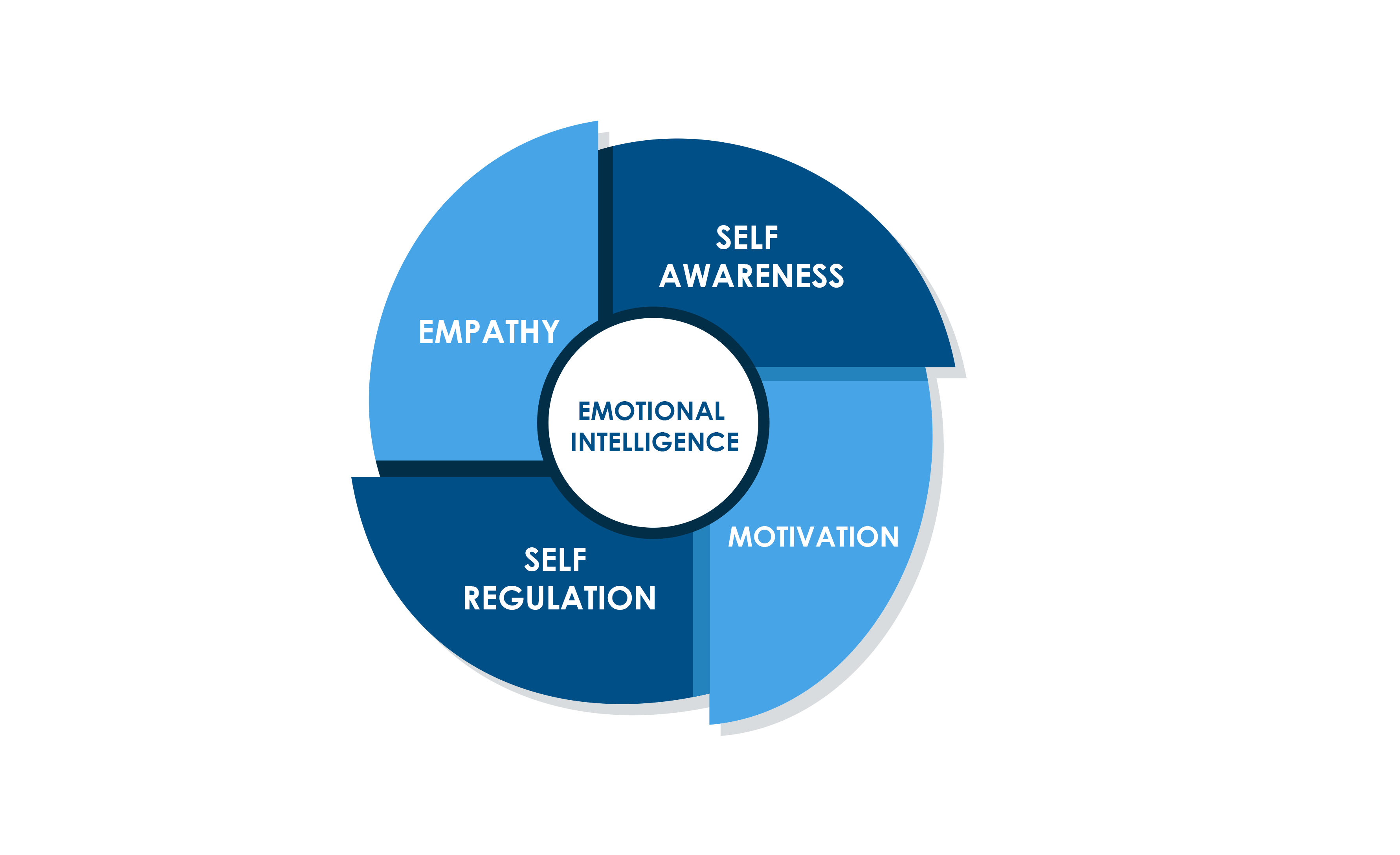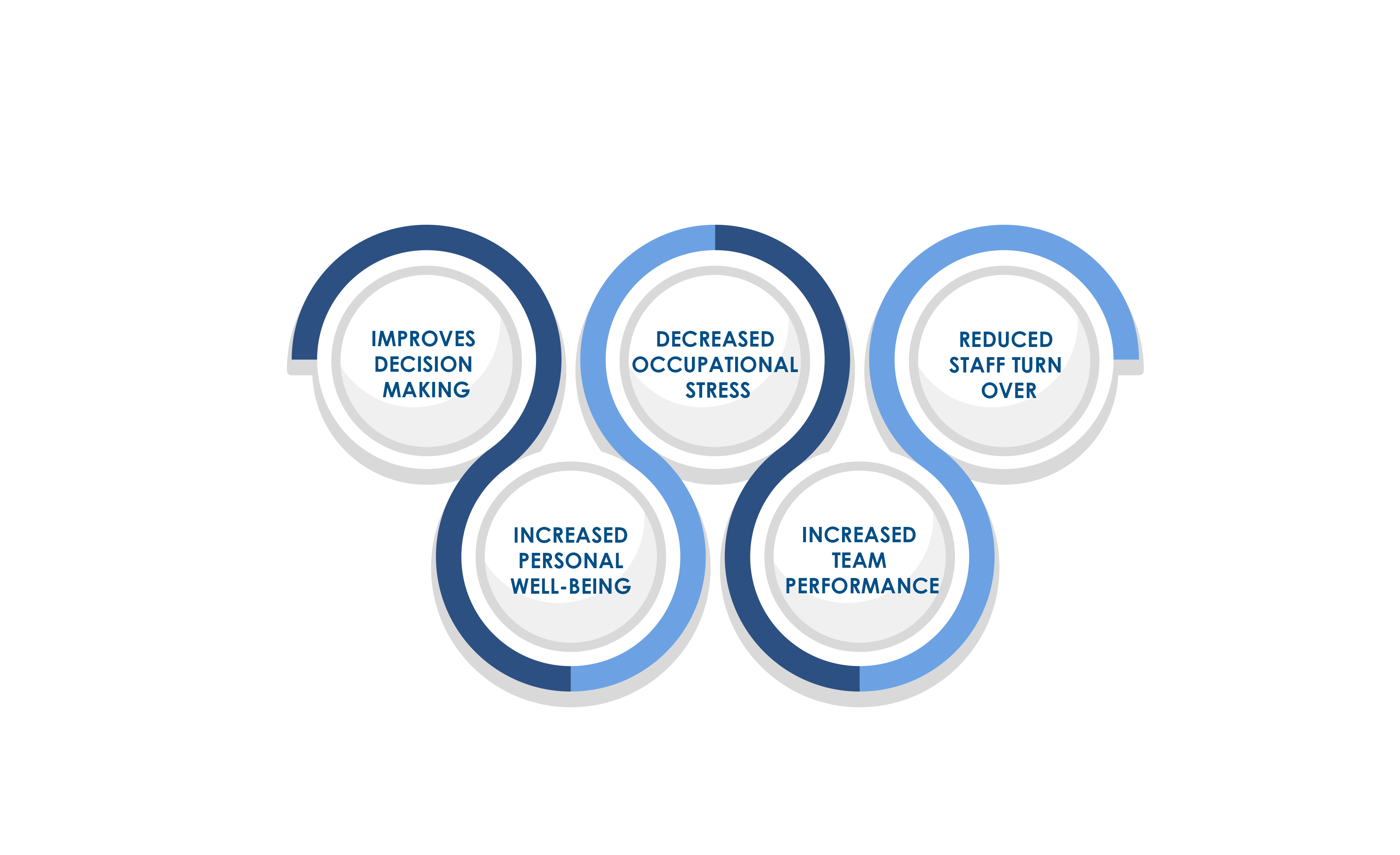Importance of Emotional Intelligence in the Workplace
There is a significant impact of Emotional Intelligence in workplaces. It helps in strong team formations eradicating the possibilities of misunderstandings and issue causing in workplaces. No matter, how big or small your workplace or business is, emotional intelligence and the role played by emotional intelligence in the workplace is widely talked about and critically analyzed.
One may think what emotions or emotional intelligence have to do in business workflows. One might be thinking how emotions and business operations go along in parallel. There are endless questions and uncertainties that strike people when they hear about emotional intelligence in workplaces.
So to understand the importance of Emotional Intelligence (EQ), it is important for you to understand first what Emotional Intelligence is all about. Emotional intelligence is an innate skill or that can be learned in time. It is all about having a proper understanding of your own emotions as well as people around you. Broadly speaking, Emotional Intelligence is the ability of a person to perceive, understand and manage his own feelings and emotions and also people surrounding him. This ability helps in effectively assessing a situation and act further in accordance. Emotional intelligence helps individuals in understanding the impact of their behavior on others.
What are the essential elements of Emotional Intelligence?

One of the prime features of being emotionally intelligent is the better understanding of self-emotions and its impact on your doings. This self-awareness of your own emotions helps in checking yourself, whether your emotions drove your work into a productive one or unproductive one, giving you a visibility check of your own strength, weakness, and worthiness. Thus a timely control of emotions helps you in transforming yourself into more production.
Following to self-awareness, self-regulation comes as the second feature into play in emotional intelligence. Self-regulation goes hand in hand with self-awareness, helping in monitoring and controlling your emotions effectively. In workplaces, emotions keep fluctuating from high to low and vice-versa. A self-regulation of emotion thus helps in maintaining a natural level of emotional attitudes.
People having high emotional intelligence are self-motivated. A self –motivated employee can be more productive in work. Therefore it is very important that the Human Resource department choose people with high emotional intelligence so that they can derive maximum returns in back.
Empathy is all about having a compassionate attitude and understanding of one’s emotions and surrounding men. A good leader needs to showcase empathy in order to retain good staff. Retention of staff purely lies on the degree of courtesy extended towards them. The leader who displaces some degree of empathy is held in the eyes of employees, as they get a feeling that the leader understands the employee’s point of view. Empathy thus helps in establishing an emotional bond, ultimately making the team within the workplace stronger and happier.
Fourthly, interpersonal skill comes into play as the major element in Emotional Intelligence. Interpersonal skill helps in understanding others, provide best customer service across the client, render good services, in short being the vital element in building the professional relationship with your community.
A combination of all these elements helps in improving one’s emotional intelligence and craft a better workplace.
What are the main benefits of Emotional Intelligence in Workplaces?

There is an ample number of benefits when you hire an emotionally intelligent person into the organization. First and foremost benefit is the retention of good values, highly spirited employee who turns out to be more productive thus saving resources like curbing down the recruitment costs and employee training costs. Retention of the employee for the long run also helps in enhancing the loyalty factor of employees leading them to work hard for the positivisms of the organization.
Secondly having Emotional Intelligent people in workplaces helps in surrounding yourself in a positive, healthy and vibrant working team. An Emotional Intelligent crew help in building good working relationships with each other that boost the productivity of workplaces. It also proportionates to great customer services, as the customer is given with a feeling of being understood and empathized with.
Thirdly leaders and managers with a high degree of EQ help in better collaboration of teams to perform effectively. It also helps in identifying those specific drivers that motivate individual employees.
Thirdly, emotional intelligence helps in maintain and upholding the mental wellbeing of an individual. A person with high emotional intelligence is observed to be more positive in attitude and carrying a happier outlook towards life. On the other hand, a person with low EQ is often into witnessing mood fluctuations and turbulences in emotions. A high Emotionally Intelligent person empathize with other people’s points of view, giving a platform to resolve every misunderstandings and conflict. They hold a better understanding of their own emotions communicating their feelings in the utmost positive manner.
Every skill of Emotional intelligence like the self-awareness, self-regulation, motivation, empathy, and social skills have equal importance in understanding and maintaining the emotional balance of self and others.